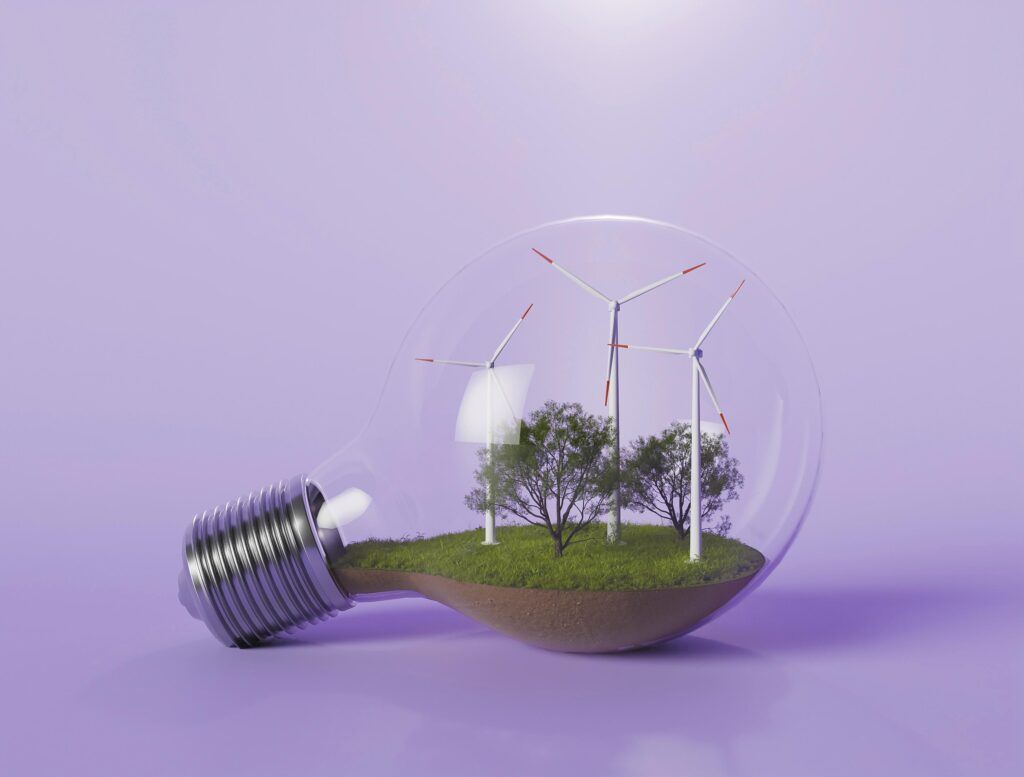- Learn what is energy sustainability and why it’s vital for our future. Explore its environmental, economic, and social impacts at Energy Business Intelligence.
Learn what is energy sustainability and why it’s vital for our future. Explore its environmental, economic, and social impacts at Energy Business Intelligence.
Understanding what is Energy Sustainability: A Fundamental Overview

Exploring the Concept of Energy Sustainability
What is energy sustainability? At its core, energy sustainability refers to the responsible management and use of energy resources in ways that do not compromise the needs of future generations. It involves adopting practices that are ecologically sound, economically viable, and socially responsible. This concept is gaining traction as the world grapples with climate change, resource depletion, and the need for a stable energy supply.
Historical Context and Evolution of Sustainable Energy Practices
The notion of sustainability in energy isn’t new. Historically, societies have relied on renewable resources such as wind, water, and solar power. However, the industrial revolution marked a significant shift towards fossil fuels, leading to an exponential increase in energy consumption and associated environmental impacts. In response to growing awareness of these impacts, the 20th century saw the emergence of sustainable energy practices. Initiatives like the establishment of the International Renewable Energy Agency (IRENA) in 2009 reflect the global commitment to transitioning towards more sustainable energy systems.
Assessing the Urgency for Sustainable Energy Solutions in the Modern World
The urgency for sustainable energy solutions has never been greater. With the global population expected to reach 9.7 billion by 2050, energy demand will skyrocket. Current reliance on fossil fuels is unsustainable due to their finite nature and significant contributions to greenhouse gas emissions. Shifting towards sustainable energy sources is not just an environmental imperative but an economic and social necessity. It mitigates climate change, reduces pollution, and promotes energy security.
The Pillars of Energy Sustainability
Defining the Three Core Pillars: Environmental, Economic, and Social Sustainability
Energy sustainability is built on three core pillars:
- Environmental Sustainability: Ensuring that energy production and consumption do not harm the environment. This involves reducing greenhouse gas emissions, minimizing waste, and promoting biodiversity.
- Economic Sustainability: Creating energy systems that are financially viable in the long term. This includes investing in renewable energy technologies, reducing dependency on imported fuels, and creating jobs in the green energy sector.
- Social Sustainability: Ensuring that energy systems are inclusive and equitable. This means providing affordable energy access to all, safeguarding public health, and ensuring that the benefits of sustainable energy are distributed fairly.
Matching Energy Needs with Renewable Sources
Matching our energy needs with renewable sources is a complex but essential task. Solar, wind, hydro, and geothermal energy are abundant and can meet global energy demands if harnessed effectively. This requires significant investment in infrastructure, research, and development, as well as policies that encourage the adoption of renewable technologies.
Long-Term Strategies for Maintaining Sustainable Energy Production
Long-term strategies for sustainable energy production include diversifying energy sources, enhancing energy storage technologies, and improving energy efficiency. Integrating smart grid technologies can optimize energy distribution and consumption. Governments and businesses must collaborate to create robust policies and invest in innovations that support these strategies.
The Impact of Energy Sustainability on Climate Change
The Connection Between Energy Consumption and Global Warming
Energy consumption is directly linked to global warming. Burning fossil fuels for energy releases significant amounts of carbon dioxide and other greenhouse gases into the atmosphere, contributing to the greenhouse effect and global warming. Transitioning to sustainable energy sources is crucial in mitigating these impacts.
Role of Sustainable Energy in Reducing Greenhouse Gas Emissions
Sustainable energy plays a pivotal role in reducing greenhouse gas emissions. Renewable energy sources such as wind, solar, and hydro produce little to no emissions during operation. By replacing fossil fuels with these clean energy sources, we can significantly lower our carbon footprint and combat climate change.
Case Studies: Successful Transitions to Sustainable Energy Models
Several countries have successfully transitioned to sustainable energy models. For instance, Denmark generates over 40% of its electricity from wind power. Costa Rica has achieved nearly 100% renewable electricity generation, thanks to its investment in hydro, geothermal, and wind energy. These case studies demonstrate that with the right policies and investments, a sustainable energy future is achievable.
How Governments and Policies Shape Sustainable Energy
Legislation and Incentives for Promoting Sustainable Energy
Government legislation and incentives are critical in promoting sustainable energy. Policies such as subsidies for renewable energy projects, tax incentives for green technologies, and stringent emissions regulations encourage the adoption of sustainable practices. The Renewable Energy Directive in the EU and the Clean Air Act in the US are examples of impactful legislation.
International Agreements and Their Effect on National Energy Policies
International agreements, such as the Paris Agreement, play a significant role in shaping national energy policies. These agreements set targets for reducing greenhouse gas emissions and promote global cooperation in the transition to sustainable energy. Countries are encouraged to develop national strategies that align with international commitments.
The UK’s Approach to Energy Sustainability and Its Initiatives
The UK has been proactive in its approach to energy sustainability. The Climate Change Act of 2008 set legally binding targets to reduce greenhouse gas emissions. The UK government has also invested in offshore wind farms, solar energy projects, and research into new renewable technologies. Initiatives like the Green Homes Grant aim to improve energy efficiency in homes, further supporting sustainable energy goals.
Future Prospects: Innovations and Trends in Sustainable Energy
Technological Advancements Promoting Energy Efficiency
Technological advancements are crucial for promoting energy efficiency. Innovations in energy storage, such as advanced battery technologies, are making renewable energy more reliable. Smart grid technology allows for better management of energy distribution, reducing waste and improving efficiency. Furthermore, advancements in solar panel efficiency and wind turbine design are making renewable energy more cost-effective.
Renewable Energy Trends to Watch Out For
Several trends are shaping the future of renewable energy. Floating solar farms, offshore wind farms, and advancements in bioenergy are gaining traction. Additionally, there is a growing focus on integrating renewable energy into existing infrastructure, such as solar panels on rooftops and wind turbines on farms. These trends highlight the potential for renewable energy to become a dominant force in the global energy market.
The Importance of Public Awareness and Education in Advancing Energy Sustainability
Public awareness and education are vital for advancing energy sustainability. Educating the public about the benefits of renewable energy and the importance of reducing energy consumption can drive behavioural changes. Initiatives such as community energy projects and educational campaigns can empower individuals to contribute to a sustainable energy future.
Conclusion

Energy sustainability is essential for ensuring a stable and healthy future for our planet. By understanding its importance, embracing the three core pillars, and recognizing the impact on climate change, we can make informed decisions that promote sustainable energy practices. Governments, businesses, and individuals all have a role to play in this transition.
For more information on how to contribute to energy sustainability or to learn about our services, visit EnergyBI.
To learn more about our commitment to sustainable energy read our About Us Page




